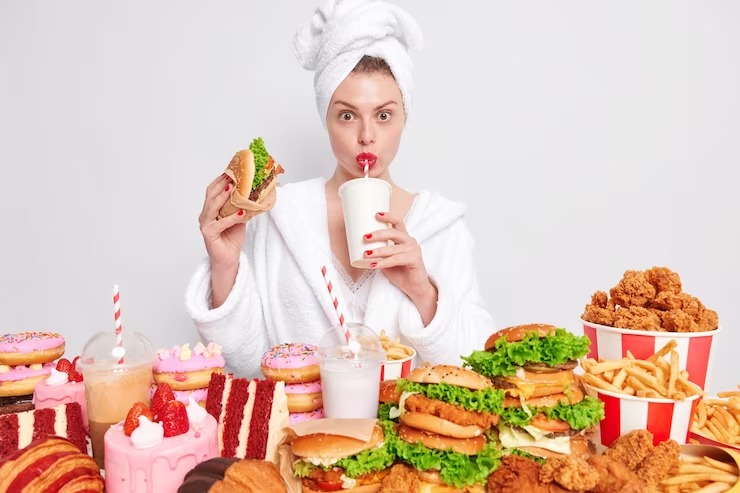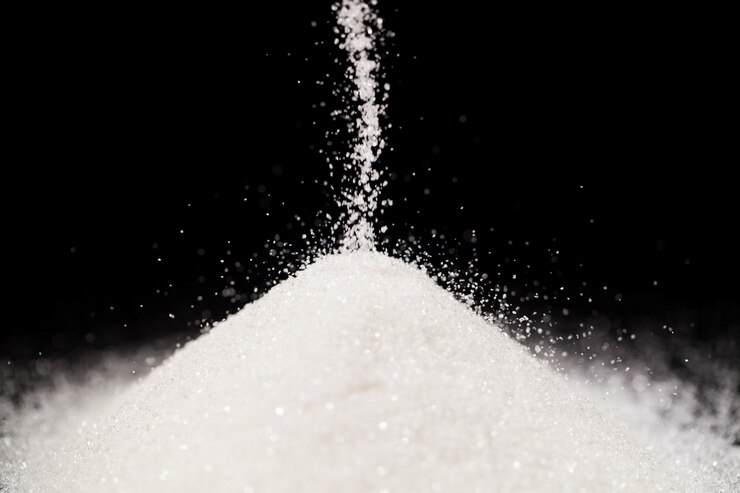
Diet on vacation? Yes, it’s possible with these 9 OkNutriWhite tips
Everyone wants to enjoy a vacation without bloating, but still eat deliciously, spend time with family and friends, and have the energy and vitality to go out and enjoy. Many people also want to be able to maintain their body weight without gaining. This article is a great place to start.
How to take care of your diet on vacation?
First of all, you must always keep in mind that the decisions you make will affect your stay, your energy, and your vitality either positively or negatively during these days.
Always consider staying within your 3R ImmunoNutrition Protocol to take care of your gut, where 70% of your immune system is located.
Remove enemy foods: grains and their derivatives, even if they say “gluten free,” dairy and its derivatives, even if they are lactose-free or skimmed, sugar, and any foods that are difficult for you to digest.
Replenish with friendly foods: easy to digest for your gut, to restore your health.
What happens if I break the diet on vacation?
It will depend on several factors:
- Which enemy food caused the inflammation
- The current state of your gut
- The condition of your microbiota
- How many hours of fasting or what you did afterward to mitigate the effects of the enemy food
How to maintain a diet on vacation?
We want you to enjoy these days off in true #OkNutriWhite style. Here are 10 tips:
1. Stay hydrated:
Always carry water with you so that if you get thirsty you don’t end up drinking the first thing you find. You can prepare water with a few drops of lemon or orange to give it a different and refreshing touch. Optional: sweeten with stevia. Remember that dehydration often leads us to overeat or eat without actually being hungry, so drink plenty of water.
You can also drink marine plasma!
When we are on vacation, our beverage consumption increases. Many drinks are high in calories like fruit smoothies with syrups, or hard to digest like cocktails and beer.
It’s recommended to alternate beverages with mineral water to reduce calorie intake and switch to iced tea, unsweetened lemonades, natural juices diluted in water, and mineral water.
2. Eat plenty of fruits and vegetables:
Maintain your five servings of fruits and vegetables a day, as they help restore hydration, provide satiety, and supply vitamins and minerals. The best fruits and vegetables for the beach are: carrots, celery, cucumber, and fruits with peels to prevent bruising or oxidation.
Start all your meals with salads or fruits: you’ll be including vitamins, minerals, fiber, and water with few calories. Salads are usually a good source of fiber to prevent constipation, which is very common during vacations. Don't forget that to prevent it, the necessary combination is fiber + water. Ask for the dressing on the side so you can control the amount you consume—one or two tablespoons are usually enough. A practical and nutritious dressing is a tablespoon of olive oil, a few drops of lemon, and freshly ground black pepper.
3. Nuts are your allies:
Carry a small bag with you to eat between meals. They are one of the most complete, energy-rich foods packed with minerals and nutrients like vitamins A, E, B complex, omega-3 fatty acids, and minerals like zinc, calcium, phosphorus, magnesium, copper, and iron.
They are high in fiber, trace elements, and antioxidants, and have a unique composition that places them among the top levels of healthy, preventive foods for cardiovascular and age-related diseases.
We recommend consuming them activated. Learn more here.
4. If you go to the beach, take advantage of fresh fish and all the seafood you can:
Fish provides a good amount of omega fatty acids, which are very heart-healthy. Just be sure to avoid or remove dishes where the fish is breaded. It’s better to ask for it grilled, baked, or roasted. If you're in the mountains, eat grilled meat accompanied by guasacaca and salad.
5. Don’t skip breakfast:
Generally, on vacation, you don’t know what the day has in store—whether activities will go longer or there’s nowhere to eat where you are. That’s why it’s very important to have a proper breakfast. And as mentioned before, always carry snacks like nuts, fruits, or vegetables.
6. Enjoy eating the local food:
Especially if there are fruits you don’t have at home. At restaurants: ask for dishes that are baked, grilled, boiled, or steamed.
It’s easier to stick to your diet and maintain your weight during vacations by avoiding fried and creamy foods, those with heavy dressings or cheeses, and sweetened drinks.
Share your meals or ask for a to-go box if you're already full.
Try not to eat at fast food restaurants. Their menus contain items with very high calorie content, lots of saturated fat, refined flours, and sugar.
Vacations are a great opportunity to try new flavors and enjoy local cuisine. Local restaurants are often more affordable than fast food and much healthier, and you also support the local economy.
Buffets, no matter how attractive, are not a good idea because the more food available, the more we tend to eat.
7. Moderation instead of restriction:
When we forbid ourselves certain foods, we think about them more and feel drawn to what is forbidden. When we can’t resist temptation, we end up eating “that” food in a state of stress and in large quantities, leading to guilt afterwards.
It’s better to allow yourself to eat the foods you crave, but in small portions and eat them slowly and mindfully.
8. Do physical activity:
A good diet should always be complemented with physical activity. Run, swim, play ball, skate, bike, climb, or join a dance or yoga class. If you’re at a hotel or on a cruise, take advantage of the gym.
Try local sports like surfing, rowing, diving, or adapt your exercise to the sand: volleyball, tennis, soccer... everything is allowed.
If you’re heading to the mountains or countryside, it’s time for biking, running, walking, or hiking. Take advantage of the natural environment—it’s much more rewarding and healthy than exercising in a closed space.
9. Enjoy!
Relax and disconnect, but don’t lose your way: vacation does not mean completely abandoning your routine or good eating habits.




Ozempic: What the Pharmaceutical Industry Doesn’t Want You to Know
When it comes to weight loss, we know you want quick and effective solutions! The goal is not only to achieve results, but to make them last long-term—without rebound effects. A medication has been gaining popularity for promising just that. But… is everything that glitters really gold? Find out the truth about Ozempic and its effects.




















.png)





